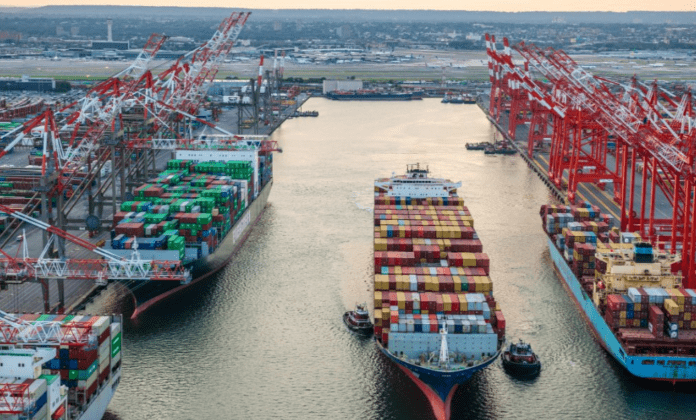
US plans to charge up to $3.5 Million per port call for Chinese bulk ships
WASHINGTON : The United States is considering to impose steep fees on dry bulk vessels linked to China. If implemented, these fees could reach up to $3.5 million per port call, affecting Chinese-operated ships, vessels built in China, and companies with Chinese ship orders.
According to Maritime Strategies International (MSI), an independent shipping research and consultancy firm, this proposal could cause major disruptions in dry bulk trade, particularly for vessels serving the North American market.
If a vessel is operated by a Chinese company, it could face an initial $1 million fee per US port call. Additional charges may apply if the ship was build in China ($1.5 million) or if the operator owns or has ordered Chinese built vessels (another $1 million).
This could bring the total fee per visit to $3.5 million.
Such high costs could heavily impact freight rates, particularly for smaller shipments. MSI said that for a 28,000 tonne wood pellet shipment, this fee could add $35 per tonne, doubling freight costs from the US to Europe.
However, the increase in the overall import cost (CFR) would be around $300 per tonne.
Although Chinese companies operated less than 6% of the dry bulk ships that arrived at U.S. ports in 2024, the proposed fees could affect a much larger share of ships due to China’s dominance in shipbuilding.
Data from 2024 shows that: 38% of dry bulk vessels visiting US ports were built in China. 20% of port calls were made by operators with ships on order in China. 70% of bulk vessels docking in the US had at least one Chinese-built ship in their fleet.
MSI warns that these new fees could make US exports less competitive in global markets and force bulk operators to adjust their strategies. MSI Director Will Fray stated that the policy could lead to higher freight rates and changes in how dry bulk shipments are handled. He added that Japanese shipowners might take on more US shipping contracts, but since most bulk carriers are either built or on order in China, higher costs across the industry are likely.

